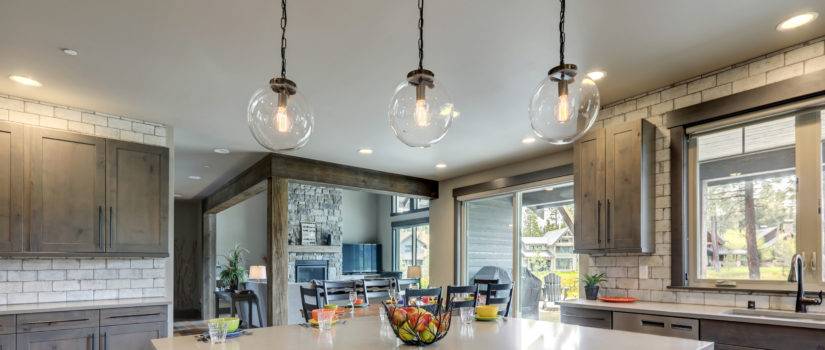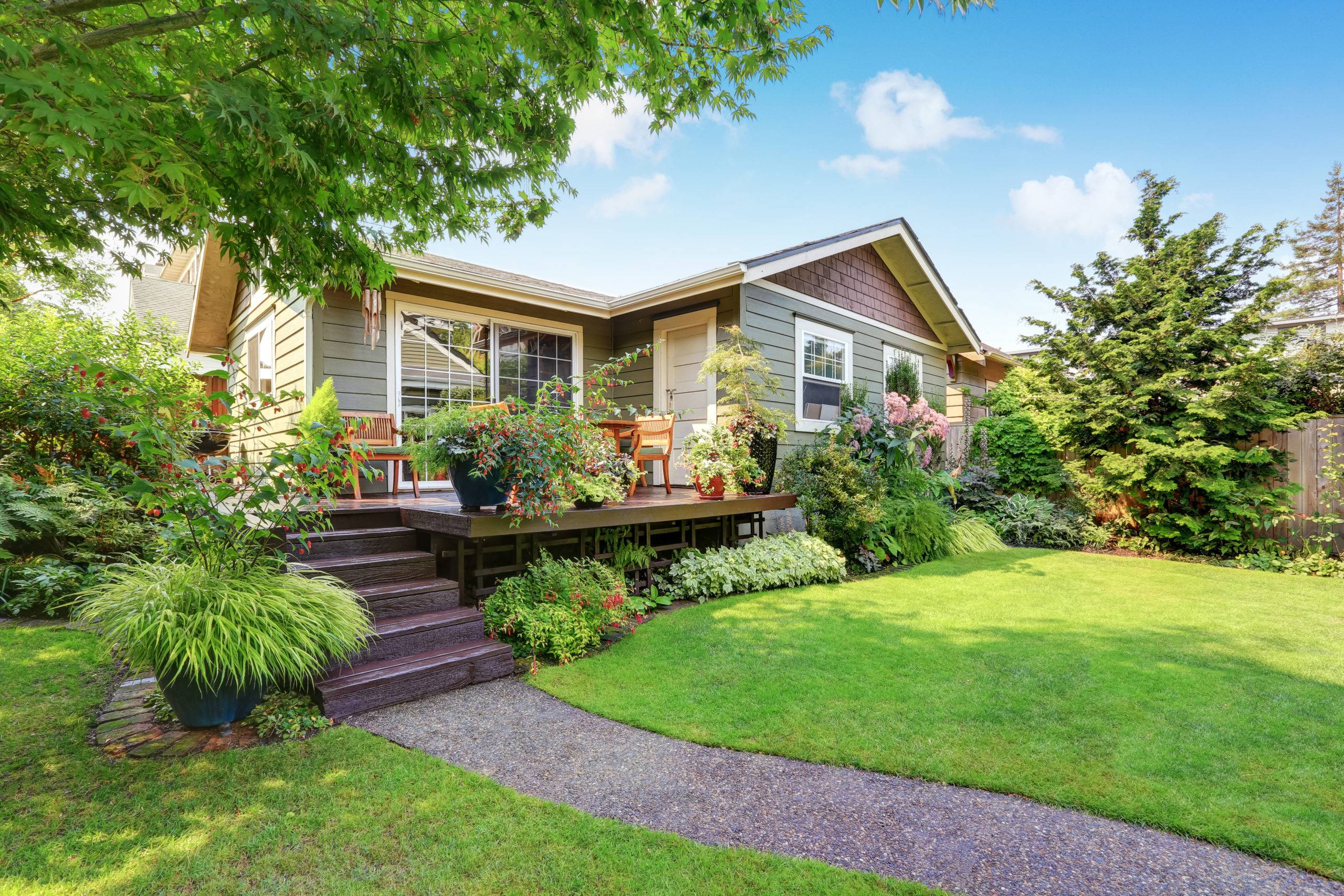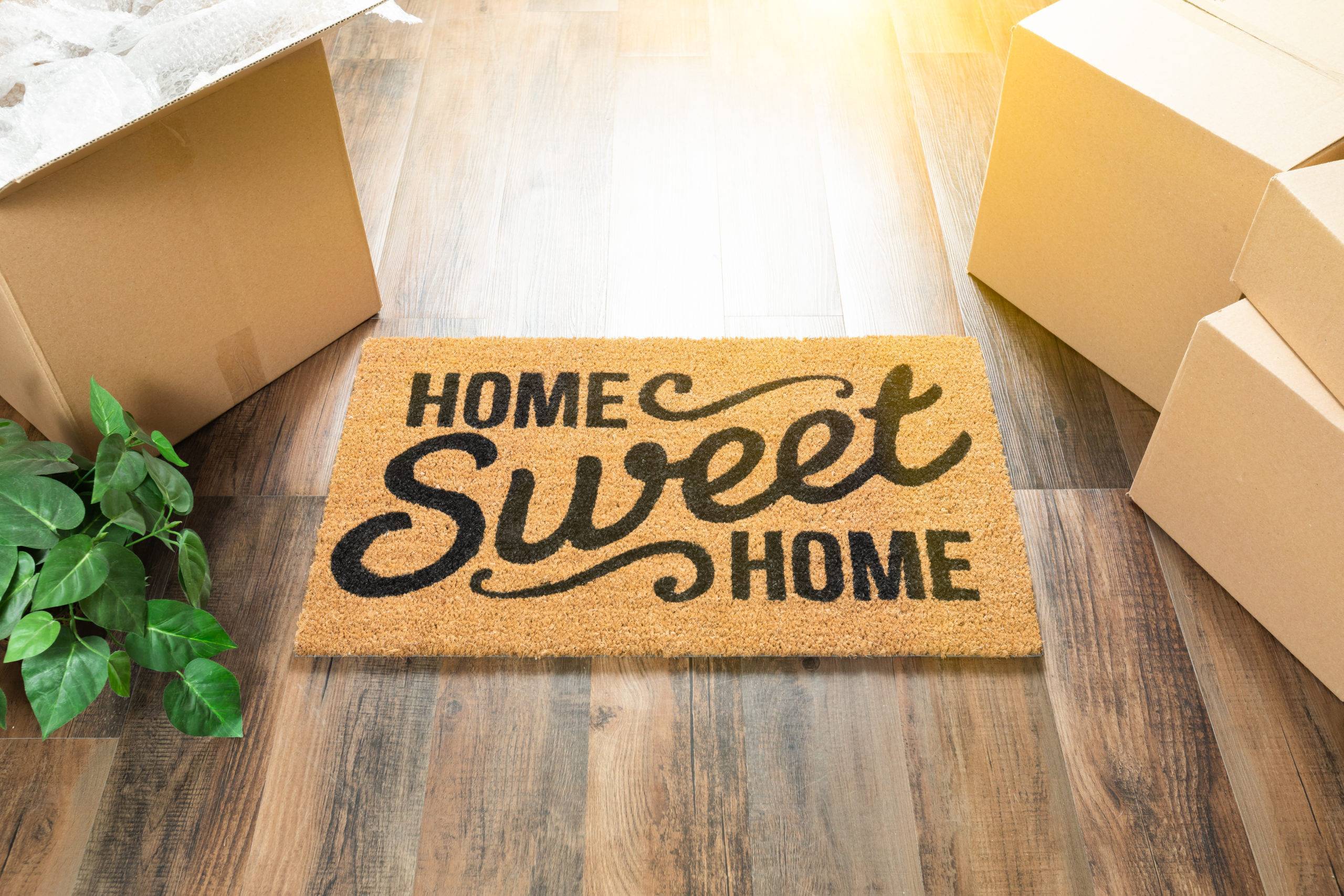Creating Your Downsizing Plan

Contrary to what we often hear, there are many reasons to choose to downsize a house. It used to be that downsizing was just for empty nesters. As an empty nester myself who works alongside buyers and sellers of all ages, I’ve noticed that more and more people are choosing to downsize due to a variety of situations.
During my career as a Richmond real estate agent, these are the top reasons buyer and/or seller clients have downsized:
• Property is too big: A big property carries the responsibility of cleaning, landscaping and general upkeep. For some, this can become too much! It often means spending time caring for areas of a property that are no longer being used.

• Reduce costs associated with daily living: Downsizing can mean living mortgage-free, as well as reducing other living costs such as utilities, insurance, property taxes, etc. The savings can be put towards whatever one’s heart desires!
Disclaimer: Although a smaller home typically comes with a smaller price tag, if you’re subject to capital gains tax on profits from the sale of the larger home, those can potentially reduce your savings. Be sure to talk to your accountant.
• Pay off debts: Many individuals or families have a substantial amount of debt that they cannot afford to pay on top of their monthly mortgage payment. Or, the high expenses are hindering the lifestyle they want to be living. Downsizing their house is a viable way of paying off the debt and regaining control.
• Live a more sustainable, eco-friendly lifestyle: There is an increasing number of people who are downsizing their property because they’re worried about the impact their large home is having on the environment. A smaller property reduces carbon footprint and minimizes energy consumption.

• Live a simpler life: Downsizing can provide a more simplified lifestyle with less clutter and personal “stuff”; in short, it’s mentally liberating! It forces you to clear out belongings and/or memories you may have been hoarding. The more we own, the more our possessions own us, and that’s true with our largest, most valuable asset: our homes. The larger our home, the larger our mental investment. When you purchase a smaller home, you’ll feel less tempted to accumulate things you don’t need.
• More time: Fewer rooms and smaller spaces cut down on the time expended to clean and maintain. Plus, smaller homes can reduce the time spent on household tasks, leaving more hours in the day to do something else more enjoyable. (And after the year we’ve had, things that spark joy and peace are of utmost importance!) In fact, when asked about their primary reasons for downsizing, 36% of baby boomers, 18% of Gen Xers, and 19% of millennials said they did so because their previous homes were too difficult to maintain.
• Relationship breakdown: Sometimes the reason(s) for downsizing isn’t a choice we wish to make. When a relationship ends, it often means the shared home is sold and both partners need to find a smaller property.
• Avoiding too much capital tied up in one house: This can worry some people in the event they need to access a larger amount of money quickly (i.e. sudden illness, house maintenance, or a job layoff). Some people downsize and use money for other investments or a rainy day!

Whatever your reason – before taking the plunge – it’s important to have a plan. Consider the reasons you’re making a move and talk to friends, family, a financial planner, and a licensed Realtor about it.
Here are a few helpful tips to keep in mind if you’re considering downsizing:
• Declutter 90 days before the move: Don’t wait until the last month. Start 90 days out and aim to finish one month prior to the move. Have a plan for what furniture is going to work in your new space. It helps if you start with the larger items first so when you’re ready to move you’re not hauling items you really don’t need or wont fit in your new smaller home. Look carefully at the floor plan of your new space and carry a tape measure to help with accuracy. This will help you to determine what will fit and what will not.
• Consider what to keep and what to pass on: Smaller possessions allow for more room for error, so don’t throw away things you’ll need to repurchase (i.e. cleaning supplies, toiletries, etc.). As you sift through your belongings, create four piles: Keep, Sell, Donate, and Trash.
Reminder: It takes time to organize a garage/yard sale or online classified ad to sell belongings – start early! The truth is, if you haven’t used a particular item in the last year, you’re unlikely to use it in the next year, or ever.
• Avoid renting a storage unit if humanly possible
• Digitize everything you can – going paperless can be liberating!
• Prioritize multifunctional furniture life sofa beds, futons, gate-leg tables, etc.
• Maximize vertical space
• Avoid hidden costs: When you downsize, don’t lose sight of the ultimate goal to save money. Consider condo fees and assessments in your overall planning. Also, consider the cost of significant repairs in the new home. That quaint little fixer-upper could be a money pit if it needs new wiring, new plumbing, new fixtures, new appliances, or new anything mechanical or structural. Finally, don’t forget exterior maintenance and upkeep.
A final word: It’s incredible how quickly things can accumulate and make a small home feel even smaller. As Marie Kondo would tell you, the less stuff you have in your life, the less stress you feel. And ultimately, I’ve found that the less I live with, the less I want to spend on new things. All of that forms a virtuous cycle of consuming less, saving more and living happier!







